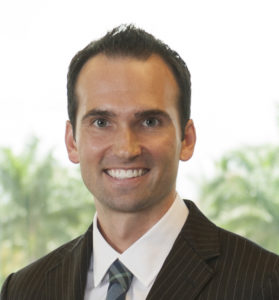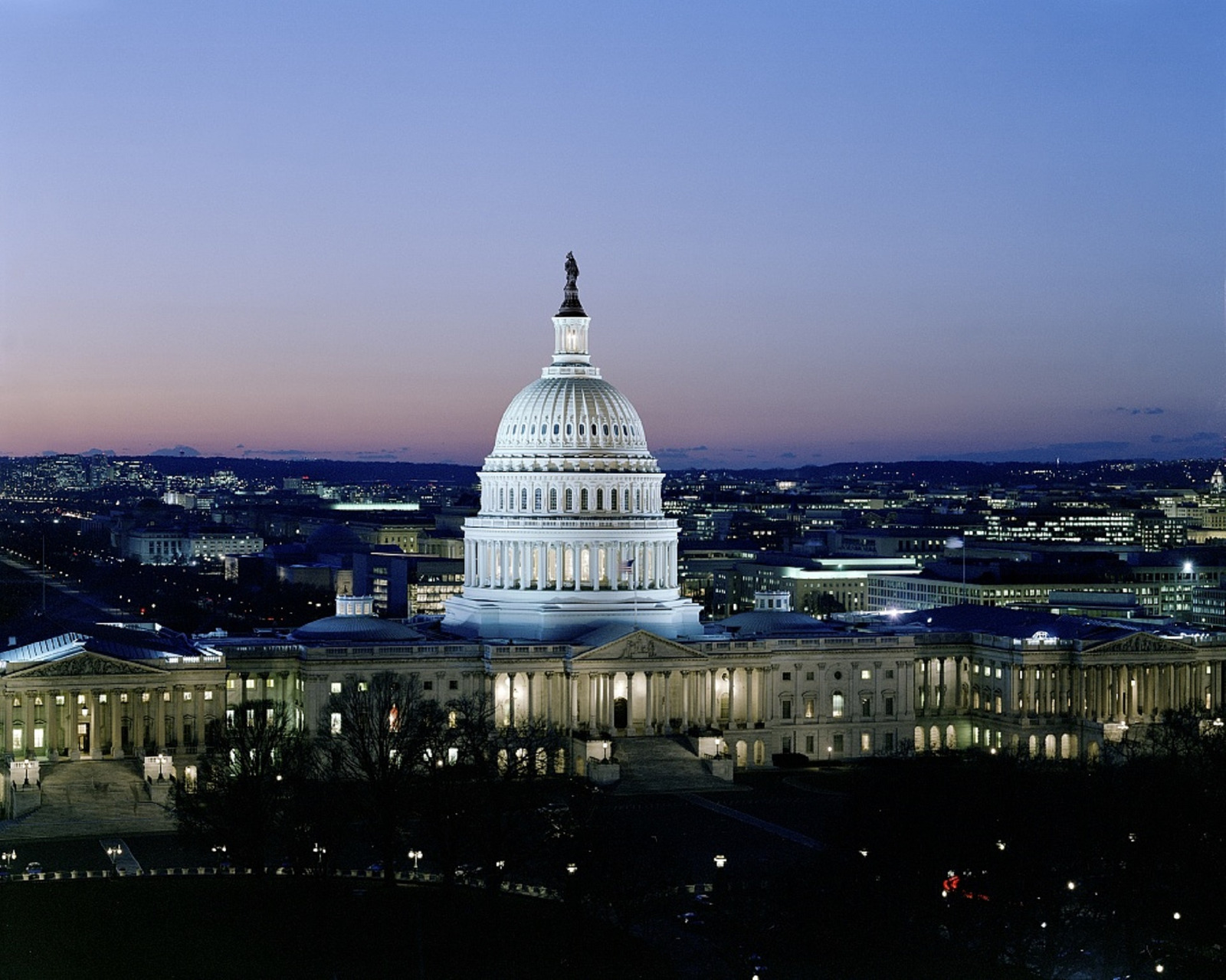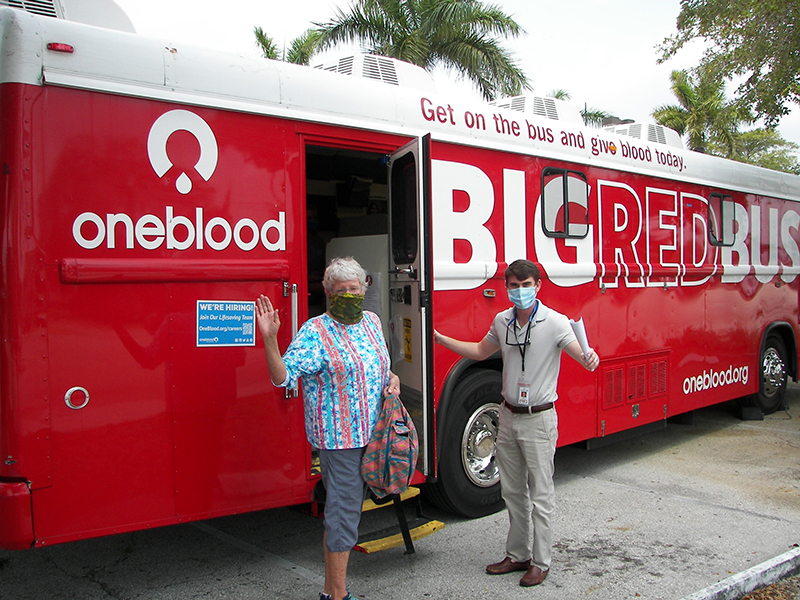By Joshua Higgins
While the pandemic of COVID-19 rages on and daily life for most Floridians has been altered tremendously, many employers and insurance carriers will face the question of whether an employee who contracts COVID-19 could have a compensable workers’ compensation claim.

While there is no black-and-white answer as to whether an employee who contracts COVID-19 has a compensable workers’ compensation accident/injury, Florida Statute 440.151(1)(a) (“Occupational Diseases”) does provide instructive guidance. In relevant part, this statute provides as follows: [I]n no case shall an employer be liable for compensation under the provisions of this section unless such disease has resulted from the nature of the employment in which the employee was engaged under such employer, was actually contracted while so engaged, and the nature of the employment was the major contributing cause of the disease. “Nature of the employment” means that in the occupation in which the employee was so engaged there is attached a particular hazard of such disease that distinguishes it from the usual run of occupations, or the incidence of such disease is substantially higher in the occupation in which the employee was so engaged than in the usual run of occupations.
This statute, in short, protects against the viability of an avalanche of potential COVID-19 claims that could be filed. While there certainly will be COVID-19 claims which should be deemed and accepted as compensable (such as hospital workers involved directly with the treatment and care of COVID-19 patients, in some cases), the vast majority of claims should not be accepted as compensable based upon the above statutory provision.
In order to make a sound decision as it relates to compensability of a COVID-19 workers’ compensation claim, it is imperative that employers relay to their insurance carriers specific details as to the worker’s job tasks and role, and that specific information be obtained from the worker as it relates to what exposure the worker had, if known, with an individual who had COVID-19. Like many “occupational disease” workers’ compensation claims, compensability is almost entirely dependent on the specific facts of the claim, as opposed to any steadfast rule.
With a detailed early investigation and efficient communication between the employer, carrier, and defense attorney, the waters of forthcoming COVID-19 claims can be effectively navigated.
Joshua Higgins is a partner in the Fort Lauderdale office of law firm Kelley Kronenberg, focusing his practice on workers’ compensation, police professional litigation, correctional health care and civil rights violations. He may be reached at [email protected].













